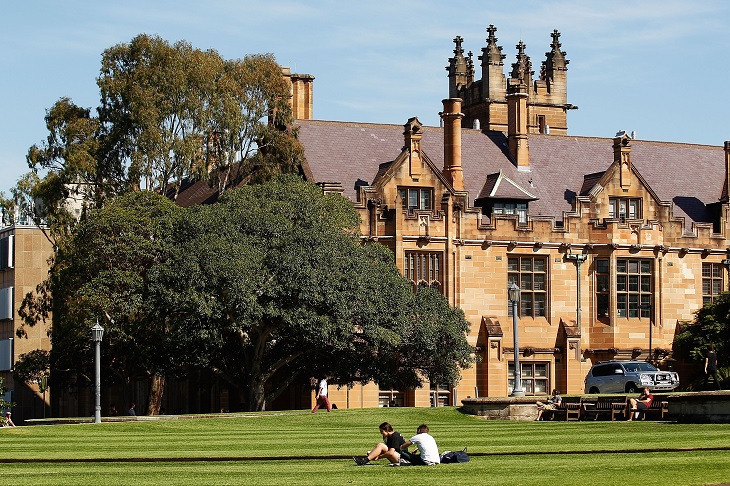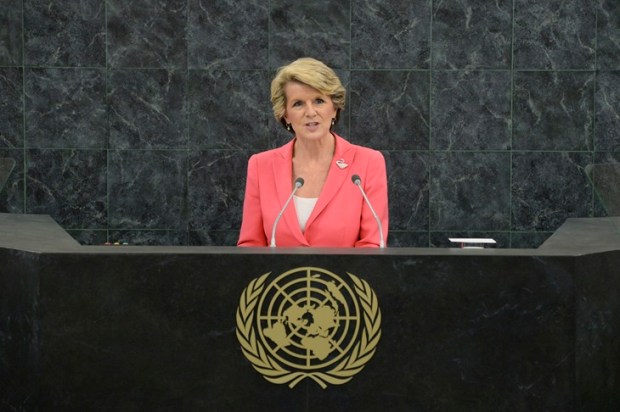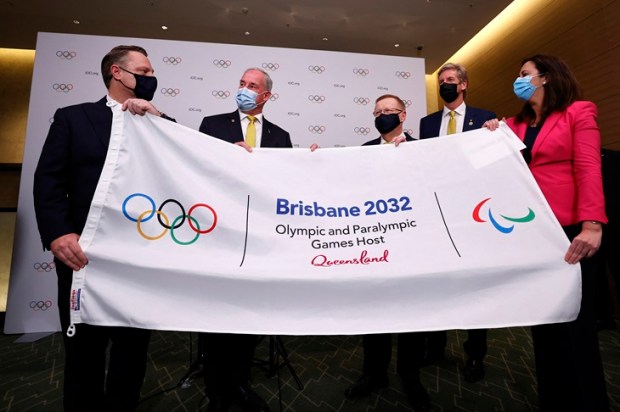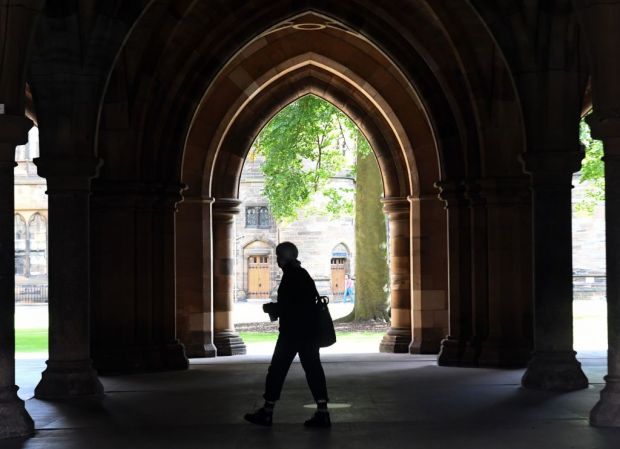In August this year, Institute of Public Affairs’ research once again highlighted the free speech crisis on Australian university campuses. Just a few months later, the Times Higher Education’s (THE) World University Rankings 2024 has uncovered just how far our institutions of higher learning have fallen.
Today, the University of Melbourne remains at the top of Australia’s tertiary ladder in 37th place globally, down three places from 2023. Second place goes to Monash University, falling 10 places to 54th. The University of Sydney was the nation’s third-ranked institution, falling from 54th to 60th.
What is clear is that the trajectory of our universities, on a number of fronts, is heading in a direction that means Australia will soon be left behind in the international knowledge race.
Australia’s university campuses are no longer the bastions of learning they once were. No longer do they preserve, generate or disseminate knowledge as they once did. This is especially the case in our humanities departments, now overtaken by academics wedded to postmodernism who would rather attack than teach the past 5,000 years of Western cultural history.
Some experts have suggested that the fall in our global rankings could be due to student-to-staff ratios, a lack of investment in research, or a failure to attract international talent. This may in part be true.
But peel back the layers further and you will find that for years universities have been neglecting their core mission, which is to impart knowledge and hone the mind through debate and challenge.
The notable fall in both academic freedom and academic excellence is of little surprise. Arguably, freedom of speech and academic excellence are intrinsically linked. The contest of ideas is the very essence of university life. If universities are to provide innovative solutions to scientific and societal problems, they must cultivate an environment where academics and students are free to explore different perspectives and think outside of the box without being cancelled or censored.
The IPA’s Free Speech on Campus Audit 2023 found that hostility towards free speech on Australian university campuses had more than doubled since 2016 and 90 per cent of universities administered policies explicitly opposed to open debate and expression.
The audit also found that every Australian university has adopted at least one Woke policy or strategic commitment, 77 in total, on issues such as indigenous affairs, sustainability, or gender equity, which fundamentally seeks to limit, or prohibits open debate on campus.
Sadly, the attack on free speech on Australian university campuses is not a new phenomenon. Today, conformity is valued over education and debate.
And this is not some abstract problem for universities to ponder; it poses immediate and consequential challenges across society. As Abraham Lincoln is reported to have observed, ‘The philosophy of the school room in one generation will be the philosophy of government in the next.’
The alarm bells are ringing and how our tertiary sector responds will determine the future of higher education in Australia. THE’s assessment reinforces the findings of the 2022 Productivity Commission report which warned highly variable and poor-quality teaching was failing students, who entered the workplace without the skills to meet real-world demands.
However, instead of addressing the problem of academic freedom and falling academic standards, the federal government doubled down on ‘progressive’ priorities in the wake of the release of the Universities Accord Interim Report. As part of its shake-up, all academically qualified indigenous students were guaranteed a Commonwealth-funded place at university and the 50 per cent pass rule for students to continue to receive funding will be abolished – the university is now responsible for a student’s performance, not the student themselves.
A focus on equity and affirmative action, rather than academic freedom and inquiry, can only mean Australia’s universities are destined to slide further down the global rankings table.
To ignore the warning signals and continue on the current trajectory, towards worsening outcomes, will undermine not only our universities, but the nation’s economic prospects and cultural richness. In Victoria, international education is the state’s third biggest export, supporting more than 40,000 jobs. The same is true to a lesser extent across the nation. There is a strong economic argument for supporting academic excellence in Australian universities, not least so that Australian students can hold their own in an increasingly competitive international jobs market.
When it comes to higher education, the first priority of the federal government is to protect universities as institutions of learning and research. If academic freedom is upstream of academic standards, which history indicates is the case, then allowing free speech on campus must be achieved. Yet, this will never happen as long as government and tertiary leaders refuse to acknowledge the problem because it does not accord with their political worldview.
Silencing those with whom you don’t agree denies all of us the opportunities world-leading tertiary institutions could bring to our nation.
Brianna McKee is a Research Fellow and National Manager for Generation Liberty at the Institute of Public Affairs.
Got something to add? Join the discussion and comment below.
Get 10 issues for just $10
Subscribe to The Spectator Australia today for the next 10 magazine issues, plus full online access, for just $10.


























Comments
Don't miss out
Join the conversation with other Spectator Australia readers. Subscribe to leave a comment.
SUBSCRIBEAlready a subscriber? Log in